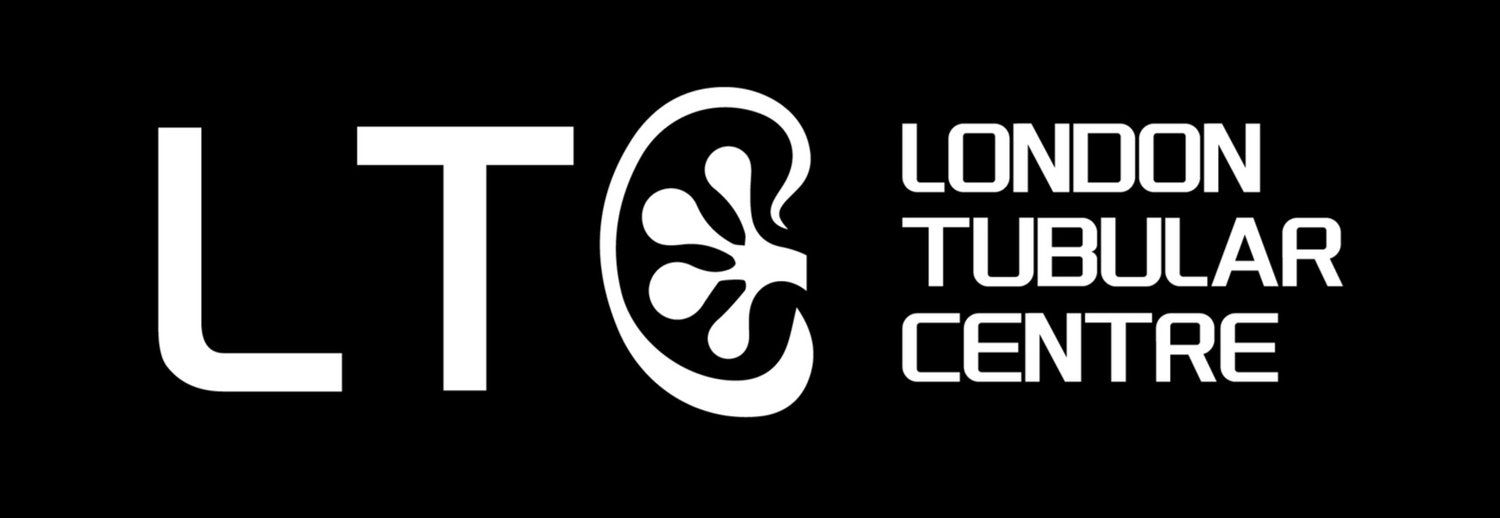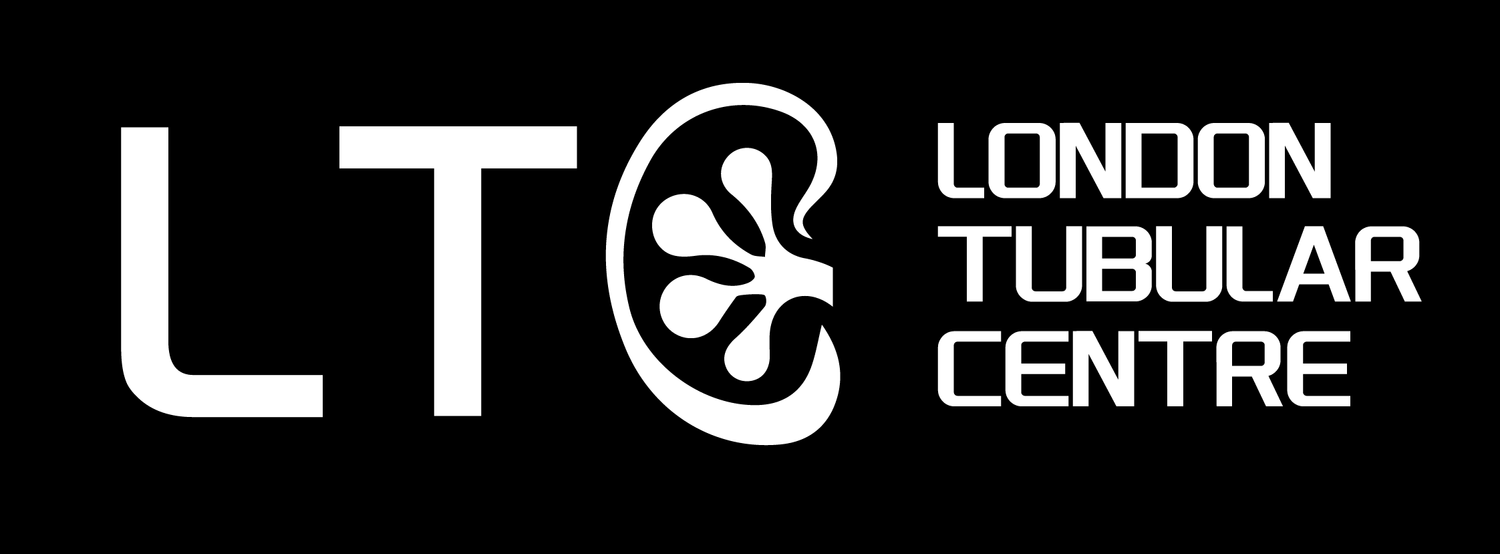Gitelman Syndrome
Image from Creative Med Doses
Gitelman syndrome is a rare genetic disease where the kidneys are unable to reabsorb salt properly. It is caused by mutations affecting one of the kidney’s salt transporting proteins which is called the Sodium Chloride Cotransporter (NCC for short, it is encoded by a gene called SLC12A3).
-
Because this disease causes an excessive loss of salt (sodium chloride) in the urine, patients often have an appropriate and strong appetite for salt. Salt reabsorption is really important to maintain a normal blood pressure, so symptoms of a low blood pressure are common, these can include fatigue, dizziness (especially on standing up), weakness, difficulty in concentrating, depression, thirst and feeling cold. This salt loss may also lead to susceptibility to some infections.
To compensate for the low blood pressure, the body produces more hormones to increase salt absorption and blood pressure. This also causes the blood potassium levels to drop and for the blood alkali level to rise. Very low blood potassium levels (usually when there is another problem, like diarrhoea) can cause heart rhythm problems, which can be dangerous.
And for reasons which aren’t entirely clear some patients also have low blood levels of magnesium. If this gets low it can cause tingling (usually in the hands, feet and around the mouth) as well as muscle cramps. This may also cause calcium to be deposited in abnormal places like joints and behind the eyes.
These features are really quite variable from patient to patient, some have almost no symptoms, others have quite disabling symptoms. -
Gitelman syndrome is a Recessive Genetic disease. This means that (generally) both parents must carry the gene to have an affected child. Given the rarity (~1%) of these mutations requiring two occurrences, the likelihood of children inheriting Gitelman syndrome from an affected parent is low (0.5%).
-
We routinely use genetic testing to confirm the diagnosis. Sometimes we also use a special test called a thiazide test to look at NCC function at the London Tubular Centre.
-
There is currently no curative treatment for Gitelman syndrome. As the underlying problem is salt loss by the kidneys and our philosophy at the LTC is to replace this salt loss by salt replacement in the diet as much as possible. We also use the best oral potassium (Slow-K) and magnesium (MagTab S/R) supplements that are preferred by most patients. We generally avoid potassium sparing diuretics, which make blood tests better, but which tend to make symptoms worse. We prefer to treat patients symptoms rater than blood tests.
-
Gitelman syndrome is a genetic and therefore lifelong condition. Patients may be protected from high blood pressure, and life expectancy and quality of life are normal. Overall kidney function is rarely affected.


